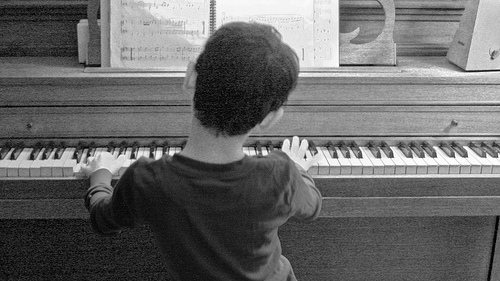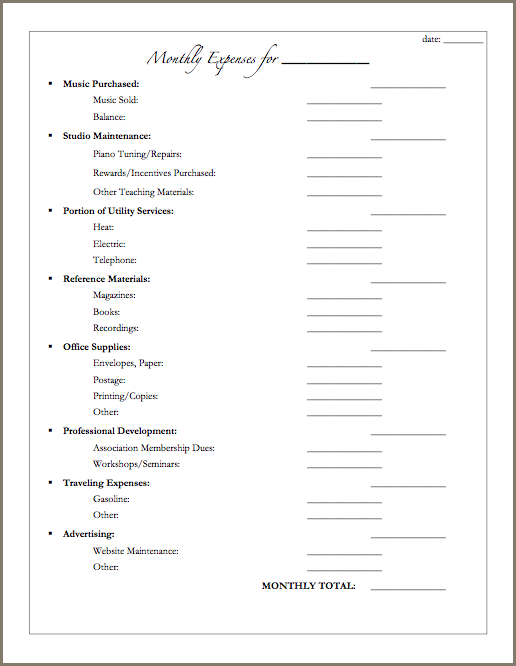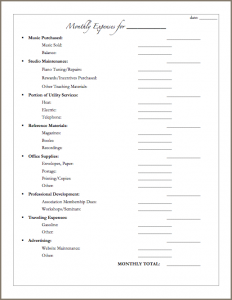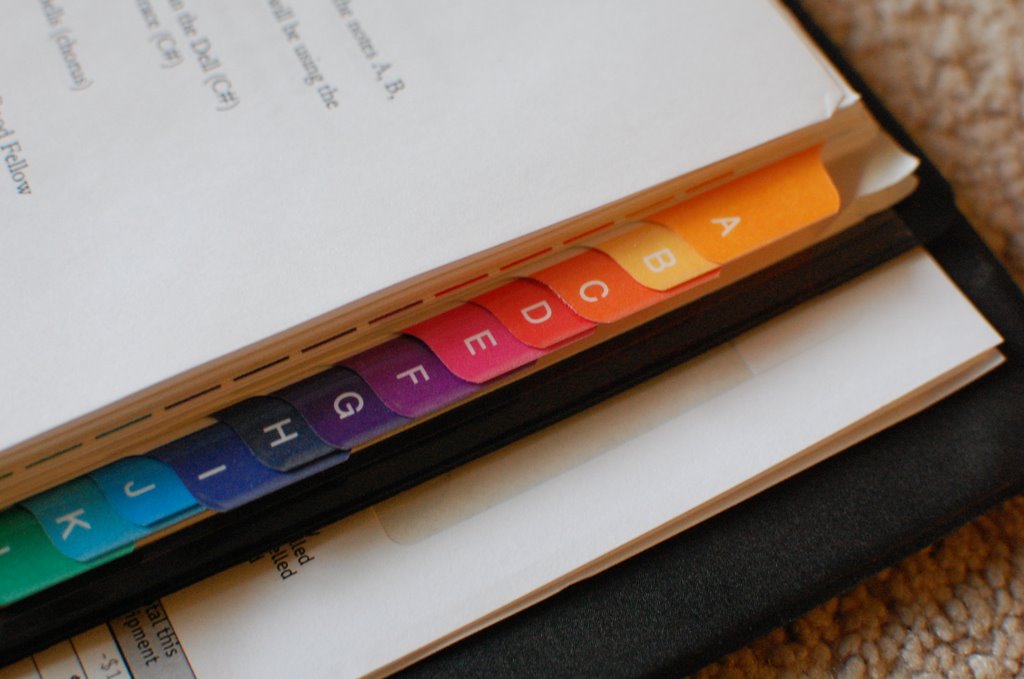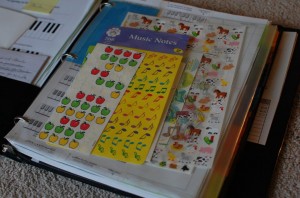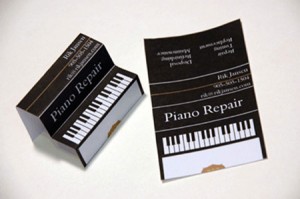Last week, we discussed ways to get books & materials for students, and methods of reimbursement. As always, I really enjoyed everyone’s contributions to this discussion! I think this fall, I’m going to try charging a non-refundable enrollment fee that reserves the student’s place in the studio and goes towards books & materials. If the entire amount is not used, it will be used towards maintenance of the lending library. We’ll see how it goes. I think it will be much easier than my current method of waiting for reimbursement each time. =)
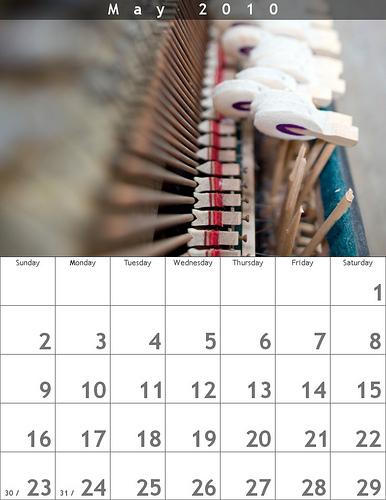
Today, I’d love to start a discussion about group lessons! Next week, we’ll talk about the benefits of group lessons and what kind of concepts can be covered — but today, we are just going to talk about the logistics of scheduling and planning group lessons.
So, tell us:
How often do you hold group lessons — monthly, or bi-monthly? (And what do you call them: group lessons, studio classes, or something else?) Do group lessons replace the lesson for that week, or do you teach privately in addition to the group lesson that week? How long do your group lessons last?
How do you find a time that works for everyone? How many students do you place in each group? Do you divide your students into groups by age, or by level (or a combination of the two)? If a student/parent decides they don’t want to participate in group lessons or their schedule doesn’t permit it, what do you do?
That was a lot of questions, I know, haha! But I’m very curious to hear about how you all make your group lessons work for your studio. Leave your thoughts in the comments below. =)
Photo Credit: Rick Harris | CC 2.0



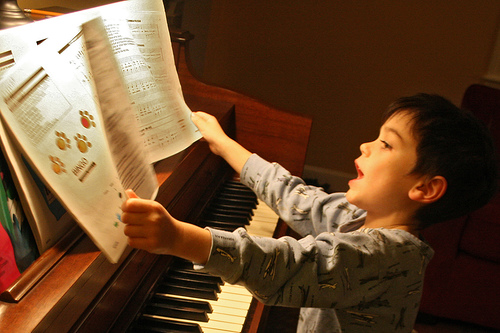

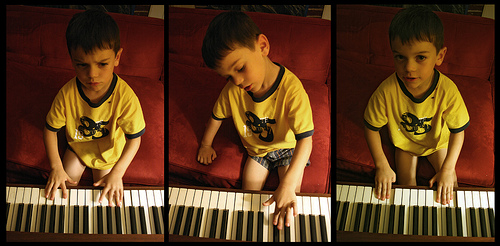

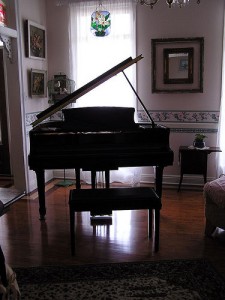
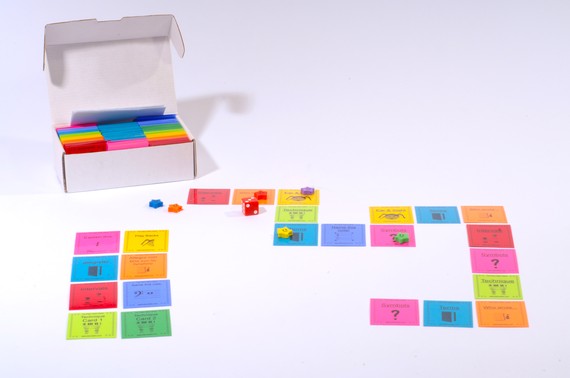



 Many college education (both music and otherwise) classes require students to write teaching philosophies. How many of you keep a teaching philosophy posted on your studio website or printed in studio materials? Have you updated it at all since your college days? And those of you who didn’t write one for college – have you considered writing one yourself?
Many college education (both music and otherwise) classes require students to write teaching philosophies. How many of you keep a teaching philosophy posted on your studio website or printed in studio materials? Have you updated it at all since your college days? And those of you who didn’t write one for college – have you considered writing one yourself?

